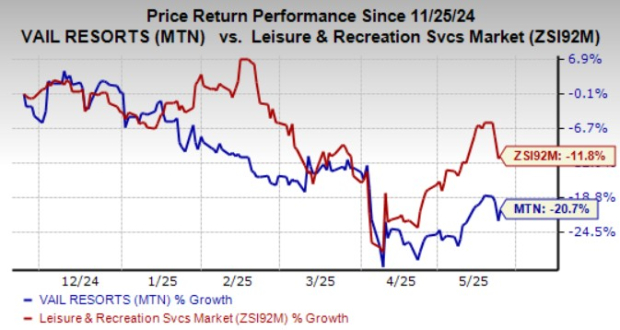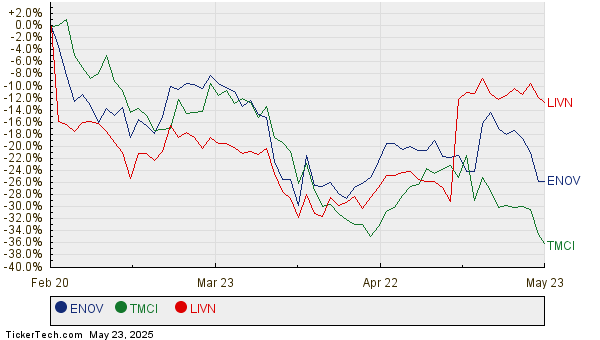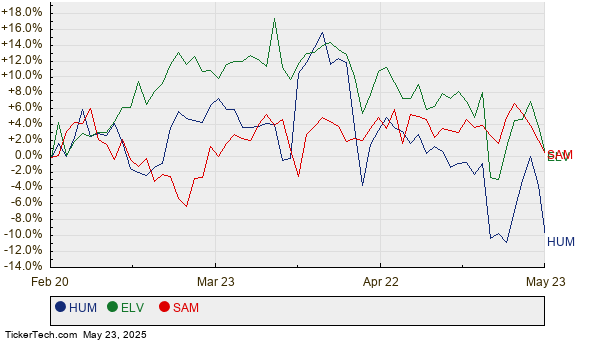Nvidia’s Market Performance and Future Outlook Amid Stock Split Speculation
Nvidia (NASDAQ: NVDA) had a remarkable year previously, adding over $2 trillion to its market cap and executing its second stock split this decade, marking the sixth split since its public debut in 1999. Historically, companies tend to outperform the market post-split, and Nvidia initially followed this trend. However, the company experienced a slowdown in 2025, with a 3% decrease in share price year-to-date, similar to other major tech stocks.
Unlikely Stock Split on the Horizon
Moving forward, a stock split in 2025 or 2026 seems highly unlikely. While the benefit of a stock split lies in making shares more affordable, it does not enhance a company’s overall value. The share price reduction could attract investors who might be hesitant to invest at higher prices. Although many brokers now offer fractional shares, a lower price point can boost a stock’s appeal.
Following its 10-for-1 stock split on June 10, 2024, Nvidia’s share price dropped from $1,208.88 to $120.88, making it more accessible for budget-conscious investors. Despite the split, Nvidia’s market value increased by 10.2%, and with minimal share price fluctuation since then, another split seems unnecessary.
Nvidia’s Financial Highlights
Nvidia has excelled amidst rising investments in artificial intelligence (AI). It reported an impressive revenue growth of 114% year over year, totaling $130.5 billion for its 2025 fiscal year, marking eight consecutive quarters of growth.
Notably, 88% of its revenue derived from data centers and the graphics processing units (GPUs) it provides. Additionally, Nvidia remains a leader in gaming GPUs, generating $11.4 billion in revenue from this segment in the same fiscal year. The company boasts a robust gross margin of 75% and a net income soaring to $72.9 billion, a 145% increase from the previous year.
The next quarterly earnings report is scheduled for May 28, and Nvidia has consistently exceeded analysts’ expectations. While a stock split may not be imminent, a strong earnings report could further bolster investor confidence.
Positive Investment Outlook for Nvidia
Since the release of OpenAI’s ChatGPT in November 2022, demand for GPUs has surged. Nvidia is ideally positioned to capitalize on this trend, supplying both high-end AI and gaming GPUs. The global GPU market is anticipated to expand from $70 billion in 2024 to $237.5 billion by 2030, and Nvidia is likely to secure a significant market share.
However, Nvidia faces challenges from tariffs and a potential trade conflict between the U.S. and China. The company has already projected a special charge of approximately $5.5 billion relating to H20 processors exported to China. Although tariffs have recently been moderated, Nvidia’s manufacturing operations in high-tariff countries could face future complications.
In response to these challenges, Nvidia announced an ambitious plan to invest $500 billion in AI infrastructure in the U.S. over the next four years, focusing on domestic production of AI supercomputers. While tariffs may pose short-term obstacles, Nvidia is well-equipped to manage these challenges and remains optimistic about the possibility of trade agreements.
Investment Considerations for Nvidia
Before deciding to invest in Nvidia, consider that it was not among the Motley Fool Stock Advisor‘s recently recommended top stocks. Though Nvidia has shown strong performance, there are alternative investment opportunities that may have stronger projected returns.
For context, Nvidia was previously recommended on April 15, 2005. If you had invested $1,000 at that time, it would have grown to $807,814. The Stock Advisor boasts an impressive total average return of 962% versus 169% for the S&P 500, highlighting the potential for high returns available to informed investors.
Lyle Daly holds shares in Nvidia. The Motley Fool also holds positions in Nvidia and maintains a disclosure policy.
The views and opinions expressed herein are those of the author and do not necessarily reflect those of Nasdaq, Inc.






